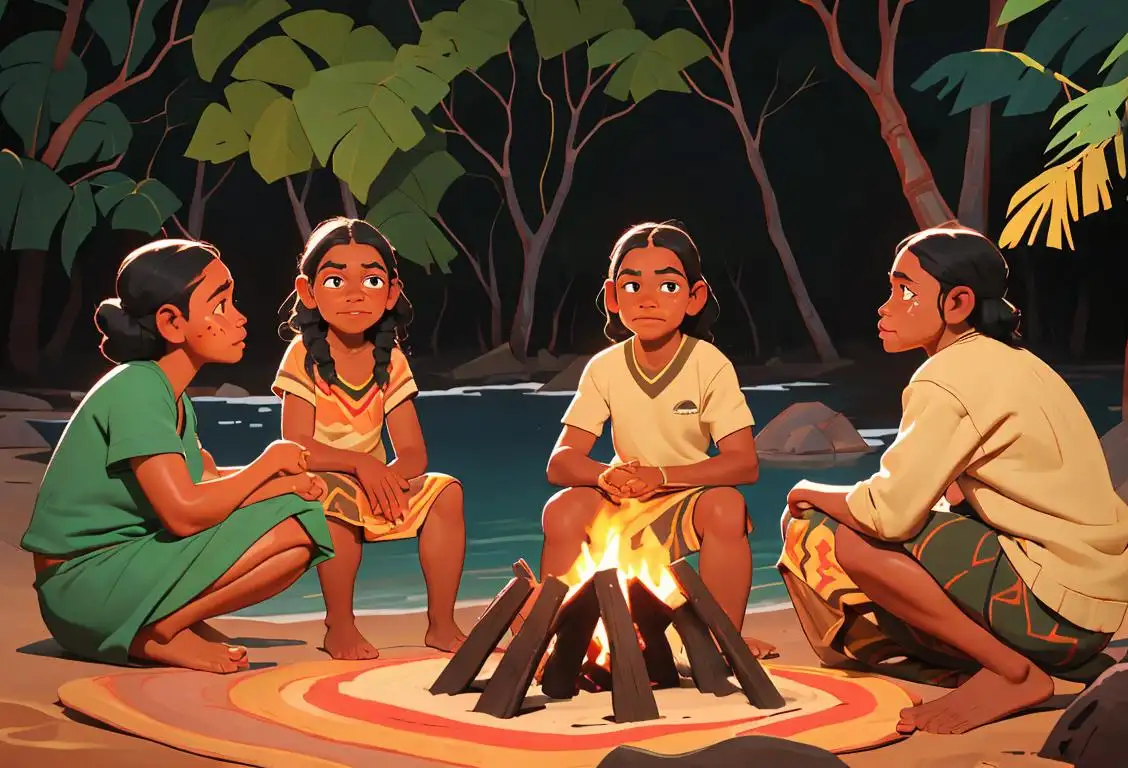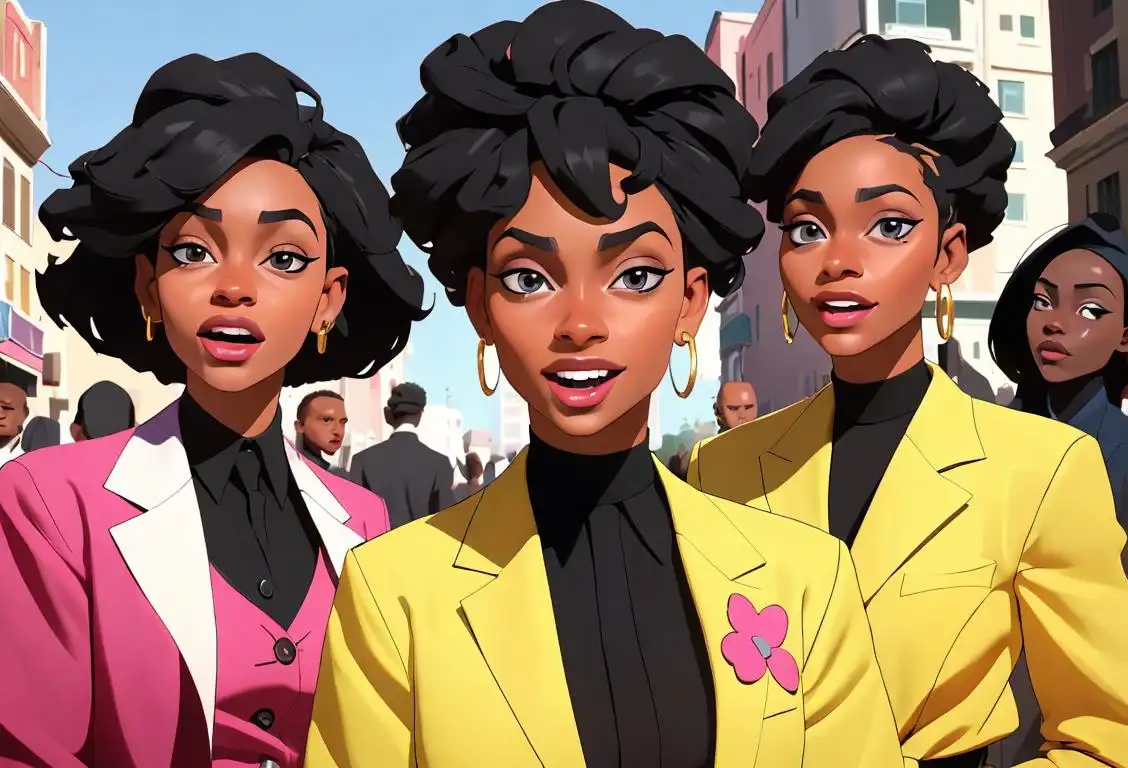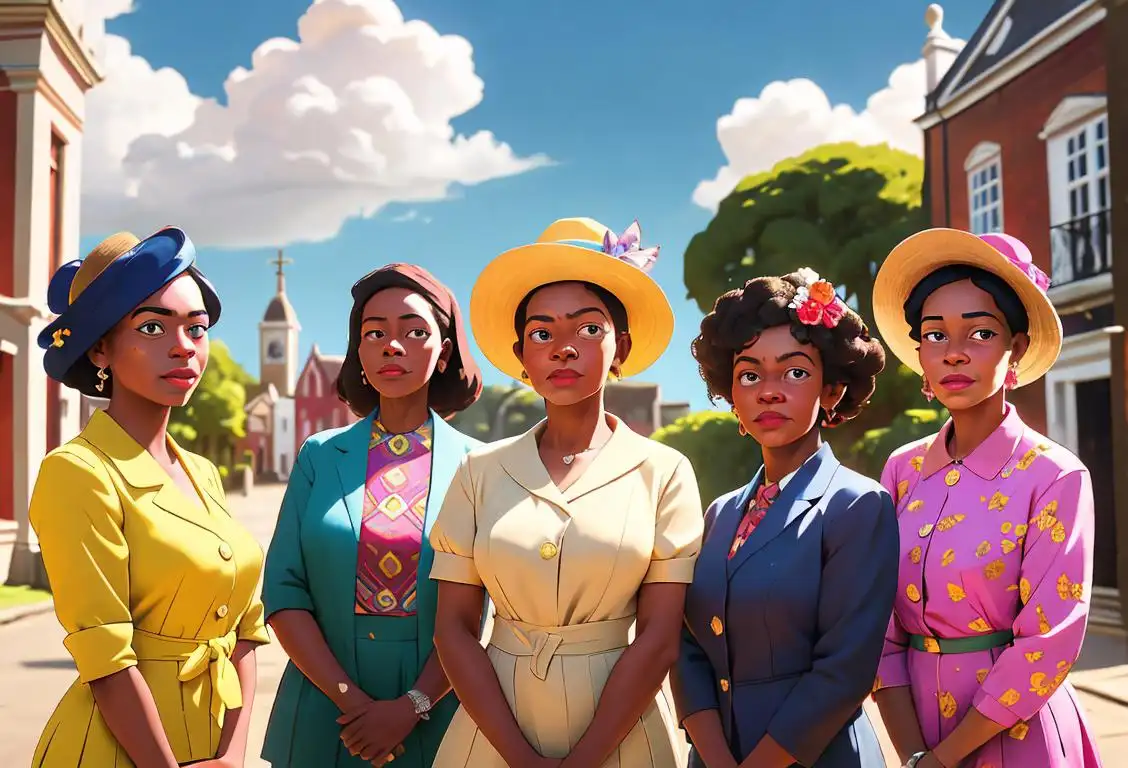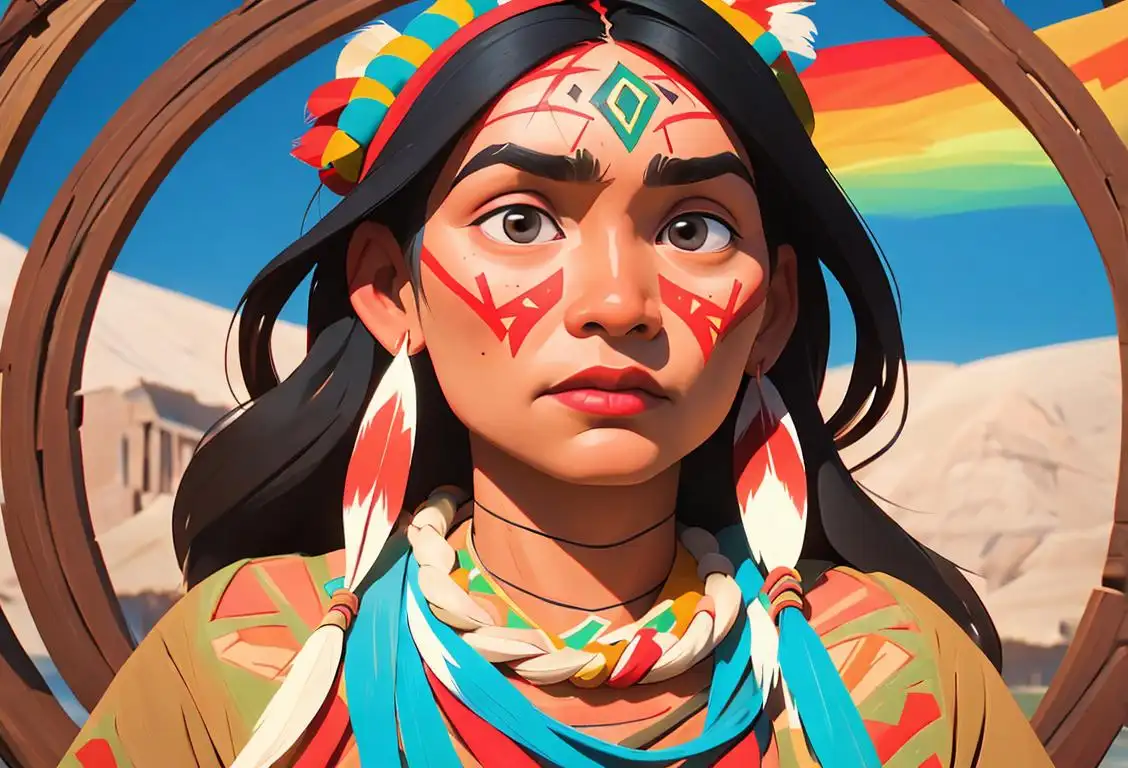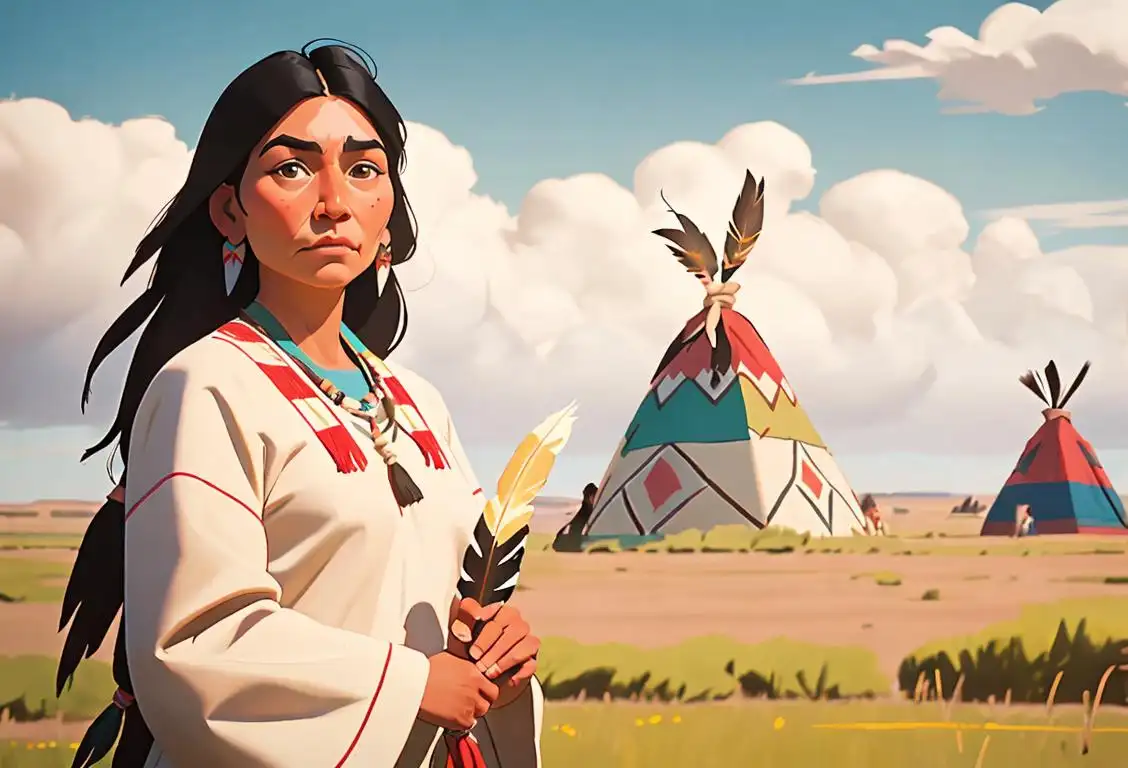National Indigenous People Day
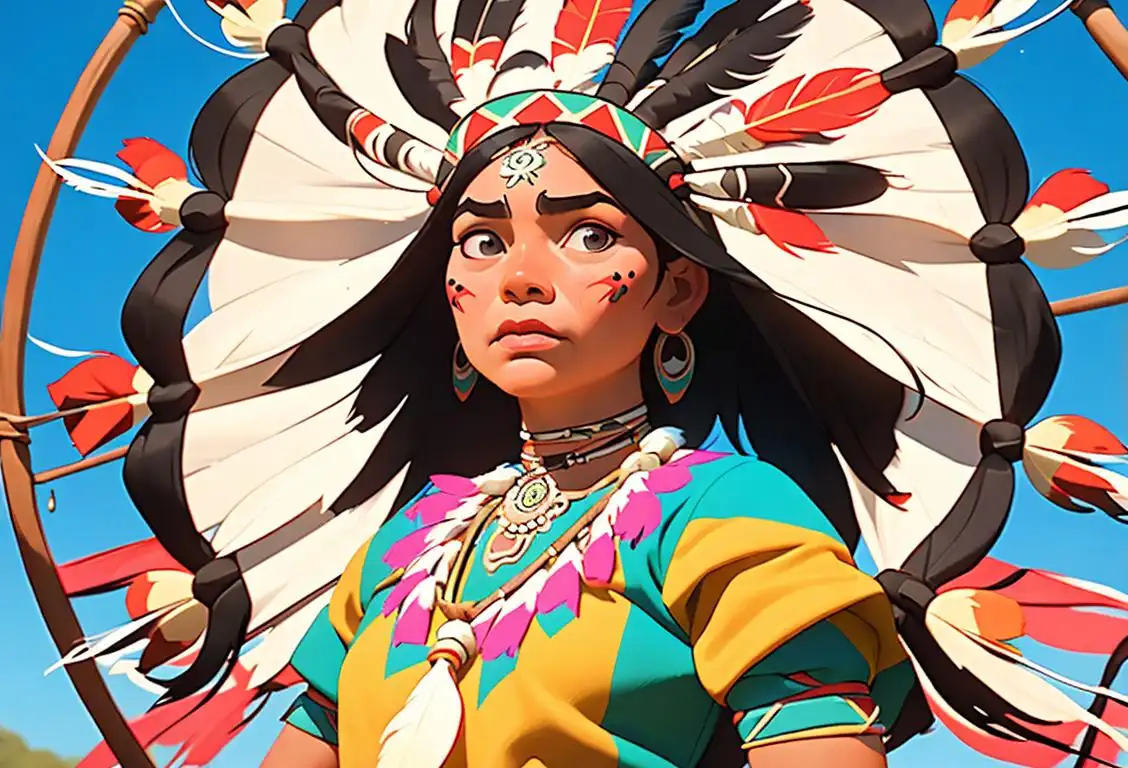
Hey there, curious soul! Welcome to WhatNationalDayIsIt.com, your ultimate destination for all things National Indigenous People Day. Prepare yourself for an explorative journey into the heart and soul of this significant day that honors the rich culture and heritage of Indigenous peoples. Let's dive in!
When is Indigenous People Day?
It's national indigenous people day on the 21st June.
The Origin of National Indigenous People Day
On this joyous occasion, we celebrate the Indigenous peoples of our land - the first inhabitants who have contributed immensely to the diverse tapestry of our society. National Indigenous People Day, previously known as National Aboriginal Day, has a history rooted in Canada but has gained recognition and observance in different parts of the world.
This special day was first proclaimed in 1996 by then Governor General of Canada, Roméo LeBlanc. The date of June 21st was deliberately chosen to coincide with the summer solstice, a spiritually significant event for many Indigenous cultures across the country. This auspicious day allows us to showcase our appreciation and respect for the rich and vibrant traditions, languages, art, and history that Indigenous communities have cultivated through generations.
Celebrations and Activities
National Indigenous People Day is a time to come together, recognize, and pay homage to the contributions of Indigenous peoples. Filled with cultural events, powwows, traditional dances, music performances, storytelling sessions, art exhibitions, and powwow competitions, this day offers abundant opportunities to immerse yourself in the beauty and richness of Indigenous cultures.
Communities nationwide organize various activities, inviting everyone to participate and show their support. You might find yourself captivated by the mesmerizing beats of traditional drums, marvel at intricate beadwork, learn about ancient customs, indulge in mouthwatering traditional cuisine, or engage in lively conversations with First Nations, Métis, and Inuit community members.
Importance of National Indigenous People Day
Beyond showcasing Indigenous cultures, National Indigenous People Day is a pivotal moment to foster understanding, reconciliation, and solidarity. It offers a platform to address historical injustices, promote healing, and engage in vital conversations about the path towards a more inclusive and equitable future.
This day encourages individuals, schools, organizations, and communities to educate and educate themselves on Indigenous issues, history, and struggles. By doing so, we collectively take steps towards a better future where respect, honor, and appreciation for Indigenous cultures are woven into the fabric of society.
History behind the term 'Indigenous People'
1492
Christopher Columbus Encounters Indigenous Peoples
In 1492, Christopher Columbus stumbled upon the Americas while searching for a western route to Asia. This encounter marked the beginning of the contact between Europeans and the indigenous peoples who had inhabited the land for thousands of years. Columbus referred to the inhabitants as "Indians," mistakenly believing he had reached the East Indies.
1767
Carl Linnaeus Introduces the Term Homo Sapiens
In 1767, Swedish botanist and taxonomist Carl Linnaeus introduced the term "Homo sapiens" to classify humans. This Latin phrase translates to "wise man." However, it is important to note that Indigenous peoples had their own distinct identities, cultures, and languages long before the arrival of Europeans.
1977
United Nations Proclaims International Day of the World's Indigenous Peoples
Recognizing the need to protect and promote the rights and well-being of Indigenous peoples, the United Nations proclaimed August 9th as the International Day of the World's Indigenous Peoples in 1977. This annual observance raises awareness about their unique cultures, histories, and challenges they face in today's world.
2007
United Nations Declaration on the Rights of Indigenous Peoples
In 2007, after more than two decades of negotiation, the United Nations General Assembly adopted the United Nations Declaration on the Rights of Indigenous Peoples. This landmark document recognizes and protects the individual and collective rights of Indigenous peoples worldwide, including the right to self-determination, cultural preservation, and land ownership.
2014
International Year of Indigenous Languages
In an effort to raise awareness about the importance of Indigenous languages and their preservation, the United Nations declared 2019 as the International Year of Indigenous Languages. This initiative aims to promote linguistic diversity and support revitalization efforts to safeguard these rich and distinct languages from extinction.
Present
Continued Advocacy for Indigenous Rights and Recognition
In the present day, there is an ongoing global movement advocating for the recognition of Indigenous rights and the rectification of historical injustices. Activists, organizations, and governments strive to ensure the inclusion and empowerment of Indigenous peoples in decision-making processes, policy development, and cultural preservation efforts.
Did you know?
Did you know that National Indigenous People Day is not only celebrated in Canada but also observed in other parts of the world, including the United States? It's a fantastic opportunity for people to come together and learn more about the rich and diverse cultures of Indigenous communities!Tagged
awareness celebration cultureFirst identified
10th October 2016Most mentioned on
21st June 2018Total mentions
522Other days
Aboriginal And Torres Strait Islander Day
Colors On Day
Black People Day
Windrush Day
Indigenous People Day
Indigenous Peoples Indigenous Peoples Day
Moving To Canada Day
Republic Day
Asl Day
Native American Day
